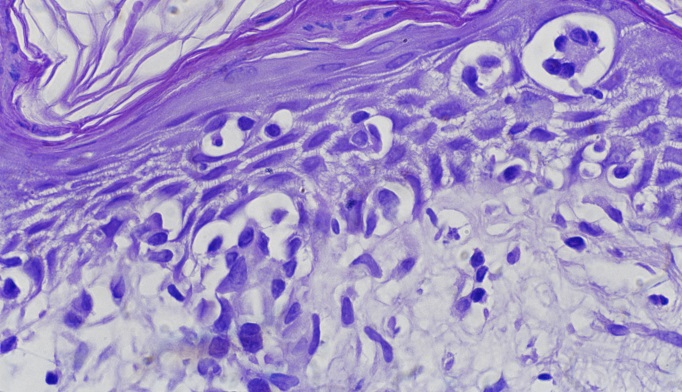By Leah Lawrence
In addition to putting carriers at increased risk for breast and ovarian cancers, BRCA2 germline mutations carriers are also at increased risk for pediatric and adolescent non-Hodgkin lymphoma (NHL), according to data from the SJLIFE study.
Prior data from the study showed that BRCA2 was the third most frequently mutated gene among 3006 survivors of childhood cancers, with the highest incidence among survivors of lymphoma. To investigate this connection further, researchers conducted whole-genome sequencing on 1380 5-year survivors of pediatric or adolescent lymphomas. Median age at diagnosis was 13.4 years.
Among these survivors, 12 pathogenic or likely pathogenic BRCA2 mutations were identified, a rate of 0.6% among Hodgkin lymphoma survivors and 1.4% among NHL survivors. All 8 survivors of NHL with a BRCA2 mutation were male.


